MPs have raced through four bills in their first proper week of Parliament passing new laws on festival drug testing, Covid-19 and income tax.
The 53rd Parliament was officially opened on 25 November but the first few days are always taken up with ceremonial tasks.
A sitting day at Parliament normally starts at 2pm with a prayer, then an hour of questions to ministers before MPs start debating legislation and last week was the first regular week of work for the new Parliament.
There are rules around how quickly a bill can be progressed mostly so there’s time for MPs to familiarise themselves with its content at each stage.
But the government has some items it wants to check off before Christmas so it moved for the House to sit under urgency - this can shorten the process of passing a bill from months/years to days/hours.
Four bills were listed to be worked on under urgency.
Drug testing at festivals
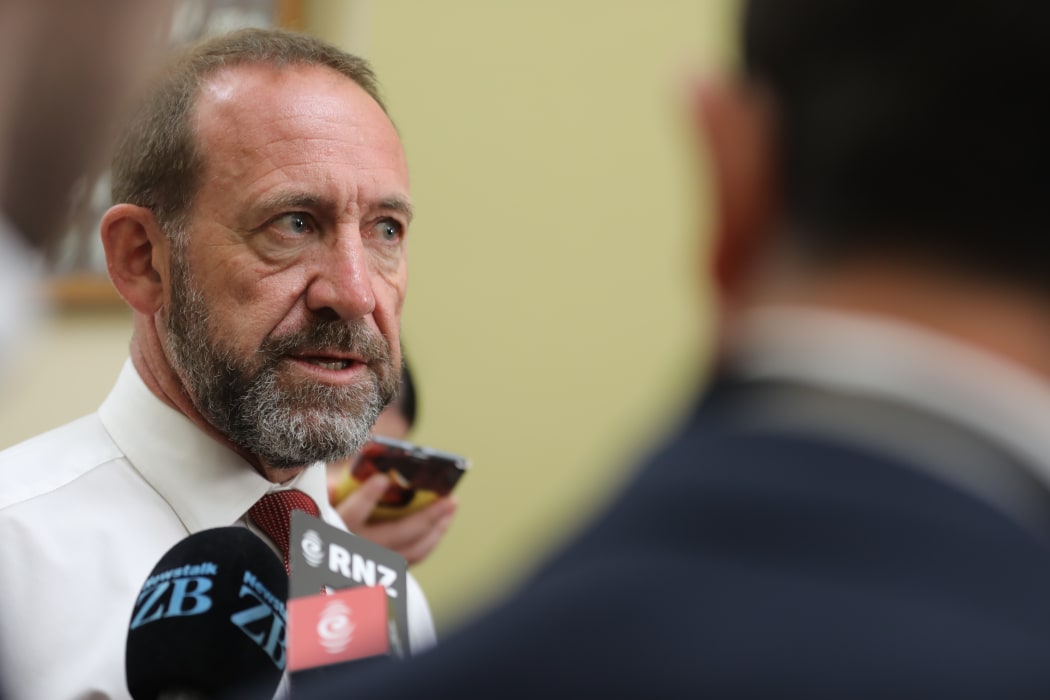
Minister of Health Andrew Little Photo: VNP / Irra Lee
What: Drug and Substance Checking Legislation Bill
Who: Minister of Health Andrew Little is in charge of this bill
Why: The bill lets drug checking stations set up at festivals or events legally. These services were at risk of prosecution for handling illegal substances and venues were at risk of being prosecuted for allowing their space to be used for illegal purposes.
The bill will expire after one year. Little said the plan is to have this bill in place ahead of the summer festival season and then work on a replacement bill next year.
How did they vote: Labour, Green, ACT, and Te Paati Māori voted in favour. National voted against.
Who said what: Little said the bill aligns with the government's approach to treating drug use as a health issue rather than a criminal issue.
"It means that those who wish to partake of those substances but who have doubts about the safety of it can get them tested and that those who are carrying out the testing are not, therefore, liable to criminal prosecution," he said.
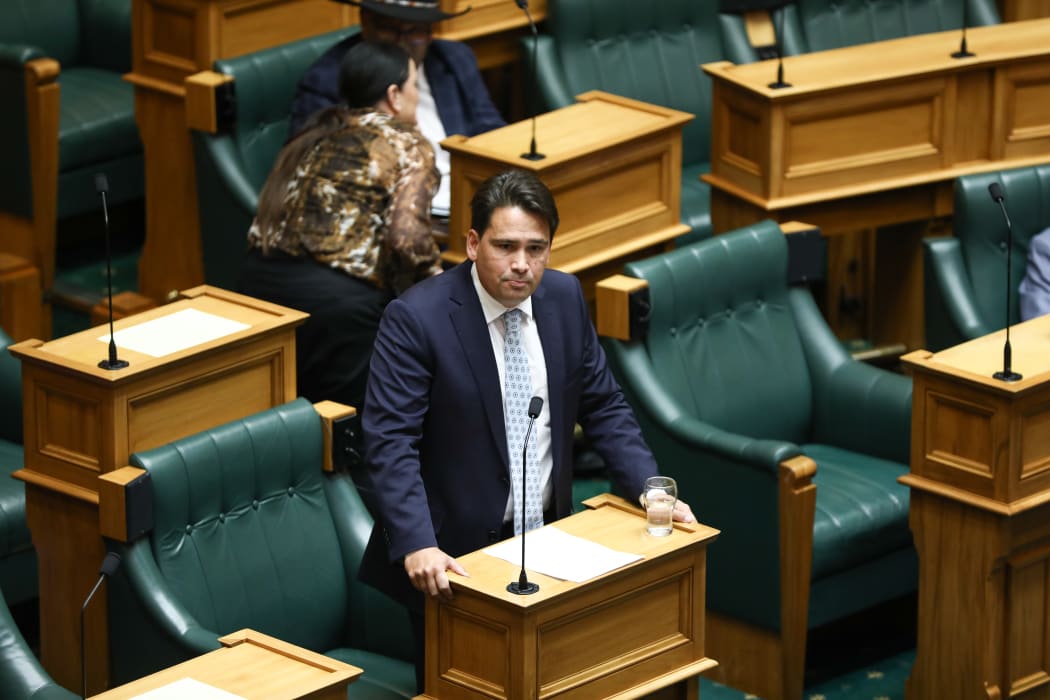
National MP Simon Bridges Photo: VNP / Daniela Maoate-Cox
The National Party opposed the bill with Simon Bridges saying it would likely encourage drug use.
"This sort of law change at haste will be regretted by New Zealand at its leisure over the long term. I note, as its first law, this is the message the government's sending," he said.
"It's giving a false confidence, a message that it's OK, on illicit, hard drugs. Like I say, it's the wrong message to our young. Drug use will go up. More harm will, tragically, be done along the way to young New Zealanders.
What next: The bill passed through all its stages and is awaiting Royal Assent (the final step before it becomes law). It will expire one year after this happens.
Read more:
- Pill testing law too late for this summer
- Festival testing gets the green light
- National Party opposes climate emergency declaration and festival drug check law
A new income tax rate

Minister of Revenue David Parker Photo: VNP / Daniela Maoate-Cox
What: Taxation (Income Tax Rate and Other Amendments) Bill
But actually what?: The bill makes a few changes but the main one capturing people's attention is the introduction of a new top personal tax rate of 39 percent on incomes in excess of $180,000. It will apply from 1 April 2021.
Why: It meets an election promise from the government which says the bill will help ensure the country has a tax system which supports the Covid-19 recovery.
How did they vote: Labour and Te Paati Māori voted in favour. National and ACT voted against. The Green Party didn't vote (abstained).
Who said what: The bill was introduced by Labour MP Michael Wood on behalf of the Minister for Revenue. Wood said he wanted to clarify what the tax rate would mean.
"We are talking about a marginal tax rate here. So, to be extremely explicit, that means that the new marginal tax rate of 39c in the dollar applies to income that is earned above $180,000 per year, he said.
"There have been people, including members in this Chamber, who in their comments have incorrectly given the impression that this creates a tax impost that applies from the first dollar that is earned. It is extremely important to understand that this measure applies to income earned above $180,000."

Green Party MP Chloe Swarbrick Photo: VNP / Daniela Maoate-Cox
The Green Party chose to hold off on voting yes or no.
"The reason for that is that in the best-case scenario this bill enables us, by passage, by the majority of the Labour side and the Labour government, to raise nowhere near enough revenue to meet the challenges of the borrowing that we have undertaken, and, importantly, to make the investments that are necessary to build back," Green Party MP Chloe Swarbrick said.
"But worst-case scenario, this further entrenches and exacerbates inequality."
Swarbrick said there is a risk a system will be created that allows the wealthy to shift their money around and avoid paying tax in the way that they should.
Read more:
- MPs have signed off on new 39% top tax rate
- Parker considering tax hike for tusts if avoidance prevalent
Increasing sick leave from five to 10 days
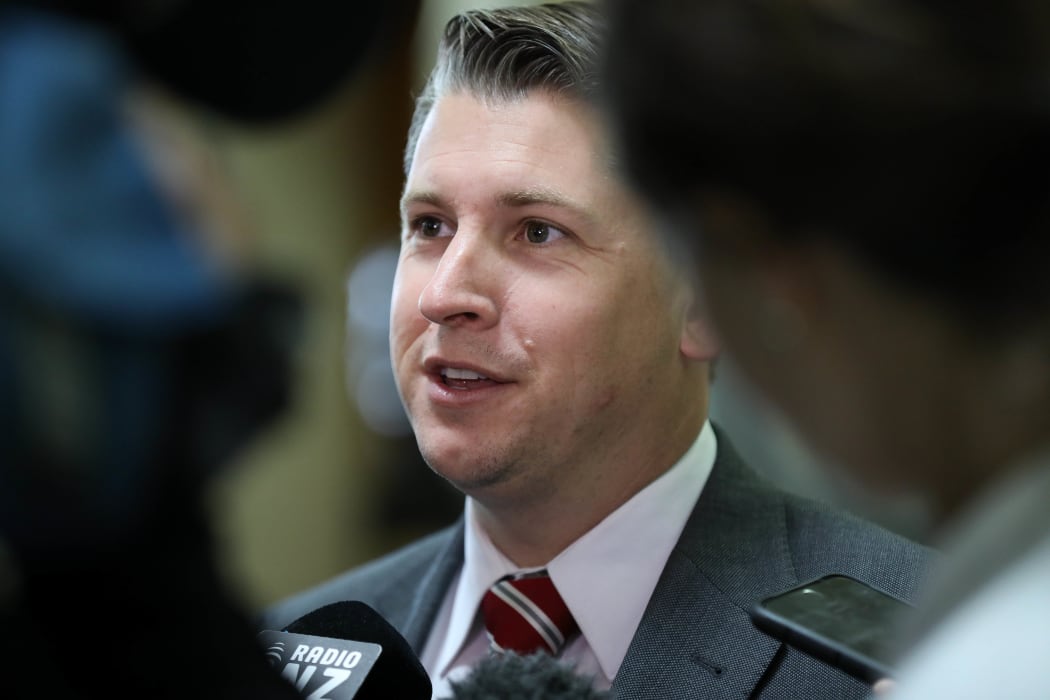
Minister for Workplace Relations and Safety Michael Wood Photo: VNP / Daniela Maoate-Cox
What: Holidays (Increasing Sick Leave) Amendment Bill
What does it do: The bill increases the minimum employee entitlement to employer funded sick leave from five to 10 days.
Why: The Minister in charge Michael Wood said the Covid-19 pandemic has been a reminder that people need adequate time off work when they're unwell.
How did they vote: Labour, Green, and Te Paati Māori voted in favour. National and ACT voted against.
What next: The bill passed its first reading and will now go to the Education and Workforce select committee for consideration. The committee will likely call for the public to submit their views on the bill shortly. The committee is due to report back on the bill by 6 April 2021.
Who said what: Michael Wood said it's important the House remember the impacts the current system has on more vulnerable workers.
"Workers who are most reliant on the statutory minimums tend to be workers in the most vulnerable sectors, tend to be workers with less agency and bargaining power in their workplaces, and tend to be workers who are going to be less able to negotiate to have additional sick leave if that is needed," he said.
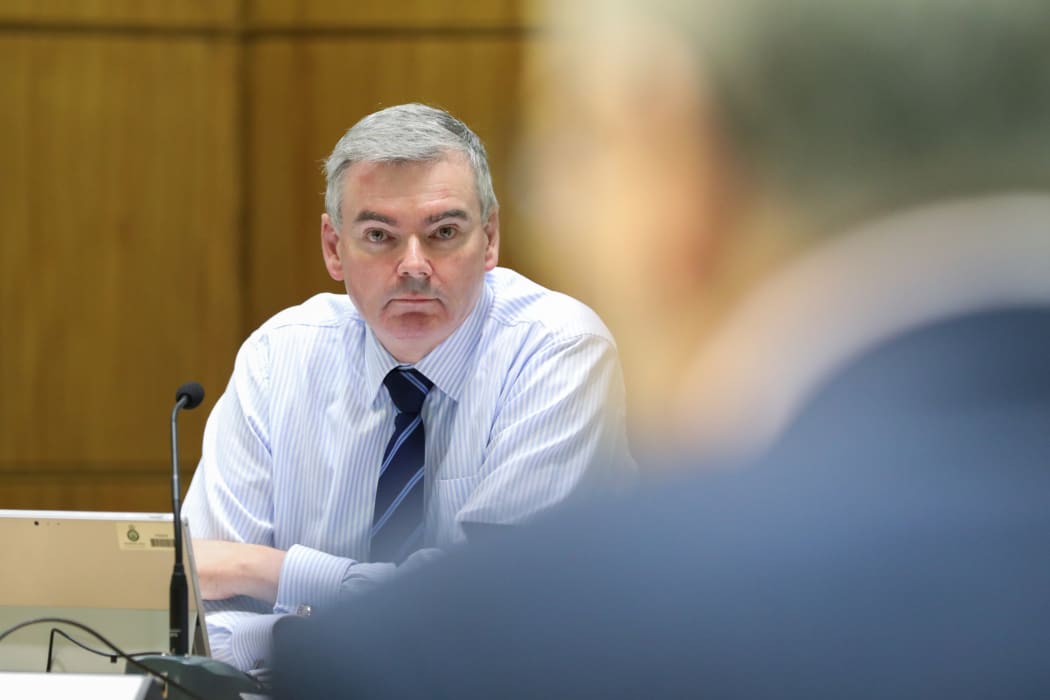
National MP Scott Simpson Photo: VNP / Phil Smith
A select committee would normally have a bill for about six months and National MP Scott Simpson said the shortened report back time would disadvantage some submitters.
"Many New Zealanders will be wanting to beat a retreat to the beautiful Coromandel electorate, where they'll want to be spending time and money in my very nice electorate. They won't want to be focused on preparing submissions for a select committee hearing on an extra week's sick leave for their employees," he said.
Read more:
Quickening Covid-19 alert level changes
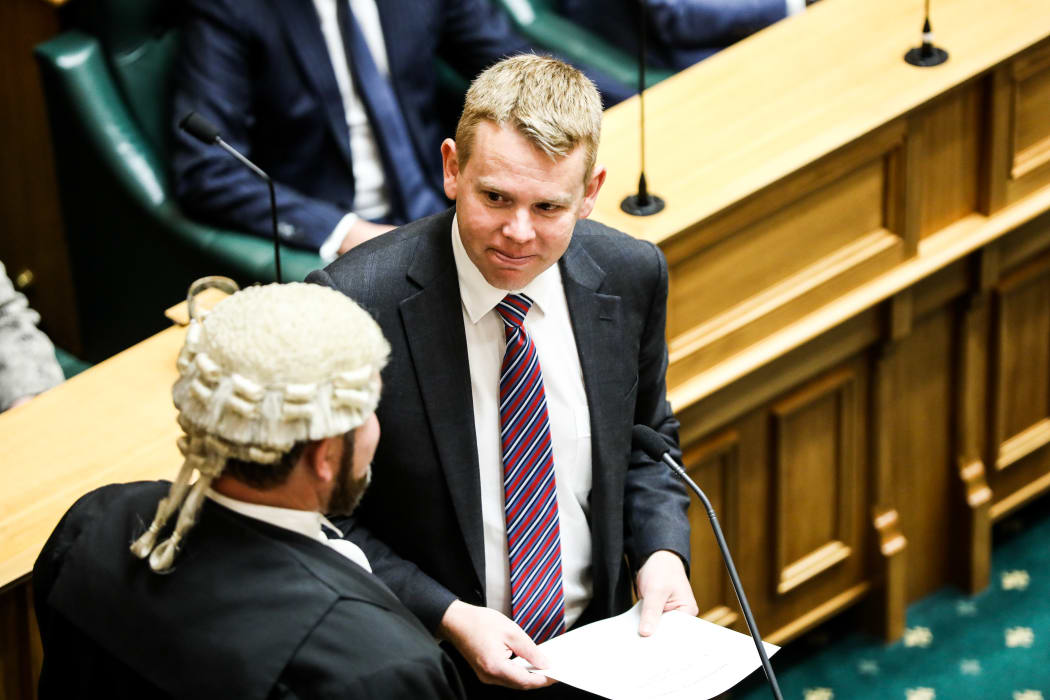
Minister for Covid-19 Response Chris Hipkins Photo: VNP / Daniela Maoate-Cox
What: COVID-19 Public Health Response Act Amendment Bill
What does it do: The bill officially creates the role of a Minister for Covid-19 Response and allows the government to remove restrictions made under orders with less than 48 hours notice.
How did they vote: This is one of those times where everyone agreed it was a good idea and the bill was passed through its remaining stages with the support of all the parties and without debate.
Who said what: Hipkins said it makes sense to be able to remove restrictions more quickly in some instances.
"For example, if at the moment I was to remove the requirement for people to wear masks on public transport, I would have to give 48 hours' notice of that," he said.
"In reality, once we get to the point where we're satisfied that there is no longer a risk that would justify the wearing of masks, it should be possible for us to remove that restriction much more quickly than having to provide 48 hours' notice."
MPs will return to the House for the final sitting week of 2020 on Tuesday 8 December.
Catch up with how far they progress each day on Parliament's website.


